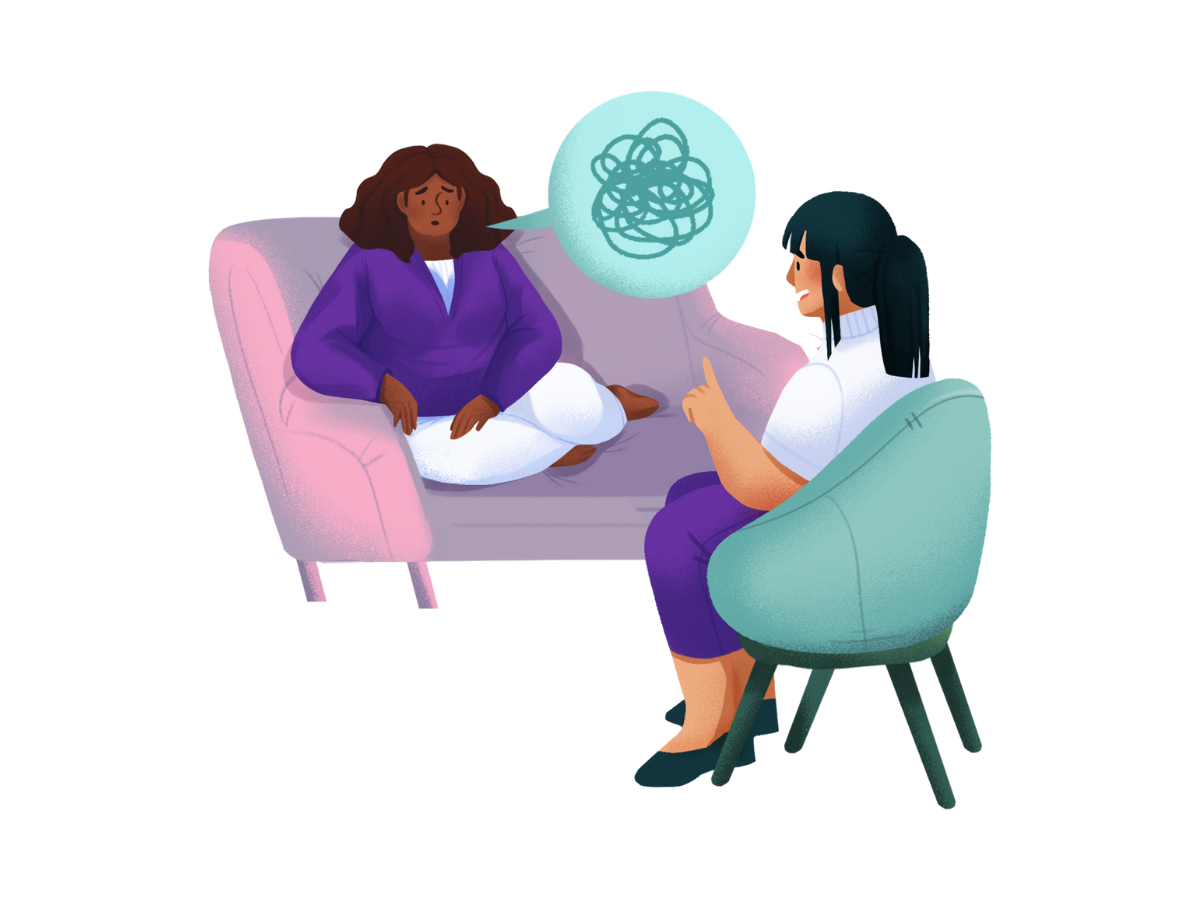Why isn’t therapy working for me?
There are lots of good reasons to try therapy. If you’re struggling with your mental health, therapy could be an excellent way to work through feelings, have an emotional outlet, and feel heard. This applies to family caregivers too–it’s essential to take breaks, feel supported, and have someone to talk to. But what if you are already in therapy, and you feel like it’s not helping? Here are some possible reasons to explore.
You and your therapist haven’t established any goals
What are you expecting to get out of therapy? Are you waiting for your therapist to “fix” or “cure” your problem? It’s important to set concrete goals so you both know what you are working towards. If there are milestones to aim for, you will be better able to track your progress. Talk with your therapist about where you want to be, and how you could possibly get there.
Your expectations are unrealistic
We’ve all seen movies and TV shows where a therapist fixes everything in only one session, or the main character has a huge epiphany in therapy that completely changes their life. The truth is that therapy takes time and effort, and there’s no quick fix. Results aren’t instant. You need to work together to help you establish and make healthy changes.
You’re in the wrong type of therapy
There are many, many different types of therapy. You need to find one that will help you. When you select a therapist, you are also choosing the approaches they use. If you are seeing someone and you don’t feel their methods are helpful to you, it can give you the impression that all therapies are useless.
You aren’t committed to the process
Therapy is hard work! Patience and commitment is essential. Going inconsistently, or once in a while, won’t get you very far. You need to maintain momentum and put in the effort for it to be effective.
You and your therapist aren’t a good match
Sometimes personalities clash. Therapy only works if you feel comfortable, safe, and able to open up without feeling judged. Would you respond better to someone calm and reassuring, or to someone more direct who will challenge you? Does the therapist have experience working with clients like you? If you don’t feel any connection to your therapist, it might mean this relationship isn’t a good match. The ‘Therapeutic Alliance’ (which means the relationship of trust and collaboration between a therapist and their client) is considered the most important predictor of successful therapy, even more than the selected type of therapy.
You believe you know better than your therapist
You know yourself better than anyone, so why can’t you fix what’s wrong by yourself? The hard truth is that if that were the case, you would have done it by now. Therapists are professionals with training and knowledge that can help you. However, if you constantly think or feel you know better than your therapist, or that they are wrong, it might be time to find someone else.
You are resisting
Being honest and vulnerable can be scary. You could be fighting the process without even realizing it. Maybe there are feelings holding you back: anxiety, fear of rejection or judgement, or a reluctance to face difficult emotions. Sometimes we are so used to feeling a certain way that it’s hard to change, even if it would be for the better. And if we’re “unwell”, maybe that helps us avoid dealing with tough things, putting it off until we’re “better”. Your therapist can only help you if you’re honest, communicate, and are open to the process.
Don’t give up! Therapy doesn’t work right away, and sometimes we need to change our way of thinking or try different therapists or methods. The important thing is to find what works best for you.
Visit amiquebec.org/therapy for free and low-cost therapy options.
–Emily Verrall
From Share & Care Fall 2025
Don’t miss our updates! Click here to sign up for our emails
Please also follow us on

